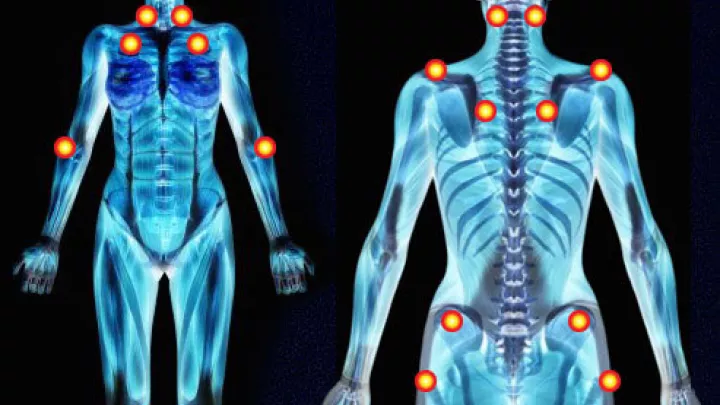Can Virtual Reality Help Children Undergoing Urologic Procedures?

A new clinical trial at Children’s Hospital Los Angeles is investigating whether virtual reality (VR) and augmented reality can reduce pain and anxiety in children undergoing urologic catheterization procedures.
The randomized and controlled prospective trial will study children ages 5 to 18 undergoing a voiding cystourethrogram (VCUG) to diagnose conditions of the bladder and ureter.
It will be one of only a few clinical studies in the nation—and the first in urology—to test VR in children this young. That’s important because a VCUG can be very distressing for young children, and many of them are unable to get through the exam while awake.
“We need better options, especially for young children undergoing this procedure,” says Andy Chang, MD, principal investigator of the study and Vice Chief of the Division of Urology at Children’s Hospital Los Angeles. “Medications like midazolam can relieve anxiety, but they may affect voiding and lead to inaccurate test results. Other less-common options also involve drugs and sedatives, including general anesthesia—which has been suggested by recent research to affect the cognitive development of young children.”
Under the new trial, which is supported by a $40,000 grant from the National Association of Theatre Owners of California/Nevada, participating patients will be able to play a VR game before, during and after the VCUG.
In a preliminary study of five patients ages 10 to 14, all patients were able to complete the VCUG without medication. Although all five patients asked for the goggles to be removed prior to the catheterization so they could see what was happening, three of the children then asked to use the goggles for the rest of the exam.
As an additional study arm, patients in the trial can use augmented reality to “see through the game” so they can visualize what’s happening while still wearing the game goggles.
Dr. Chang adds that younger children are often more easily distracted and may respond even better to the experience.
“The hope is that they’ll be able to complete the procedure without the need for sedation, with minimal anxiety and pain,” he says.
Children’s Hospital Los Angeles has been studying VR in numerous capacities. In 2017, a study led by Jeffrey Gold, PhD, Director of the Children’s Outcomes, Research, and Evaluation (C.O.R.E.) Program, showed that VR significantly reduced patients’ and parents’ perception of acute pain, anxiety and general distress during blood draws.


